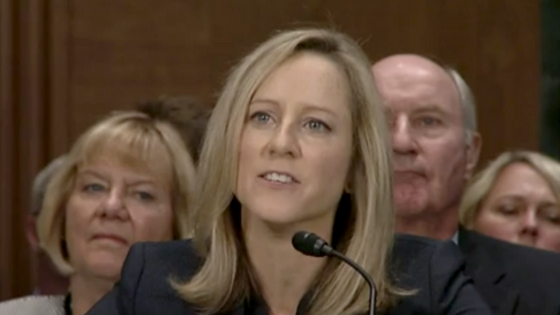The Consumer Financial Protection Bureau yesterday announced a Notice of Proposed Rulemaking (NPRM) that would undo some of the key portions of a rule governing payday lending, much to the chagrin of the bureau’s critics.
“Trump Administration Brings Relief to Long-suffering Predatory Lenders,” read one headline blasting the changes, which would eliminate lenders being required to determine a borrower’s ability to repay a loan prior to originating it.
“Waters demands that Consumer Bureau pull new payday proposal” screamed another headline, this one laying out how Rep. Maxine Waters [D-Calif.], the chairperson of the House Financial Services Committee, called for the CFPB to pull back its new proposed rule in favor of one that included “strong consumer safeguards, supervision, and robust enforcement — to protect consumers from the cycle of debt,” she said in a statement.
Along with rescinding the ability to repay requirement, yesterday’s NPRM would also delay the effective date of the rule from Aug. 19 to Nov. 19, 2020.
Keeping the ability to repay provisions would “reduce access to credit and competition in states that have determined that it is in their residents’ interests to be able to use such products, subject to state-law limitations,” according to the CFPB, which also pointed out that there was “insufficient evidence and legal support for the mandatory underwriting provisions in the 2017 final rule.”
While announcing it was “pleased” with CFPB’s NPRM, a trade group representing payday lenders was not totally happy with what the bureau proposed.
“However, we are disappointed that the CFPB has, thus far, elected to maintain certain provisions of its prior final rule, which also suffer from the lack of supporting evidence and were part of the same arbitrary and capricious decision-making of the previous director,” said Dennis Shaul, CEO of the Community Financial Services Association of America. “Today’s new NPRM also does not appropriately address the issues and concerns that were raised in more than one million comments during the prior rulemaking process. As such, we believe the 2017 final rule must be repealed in its entirety.”









